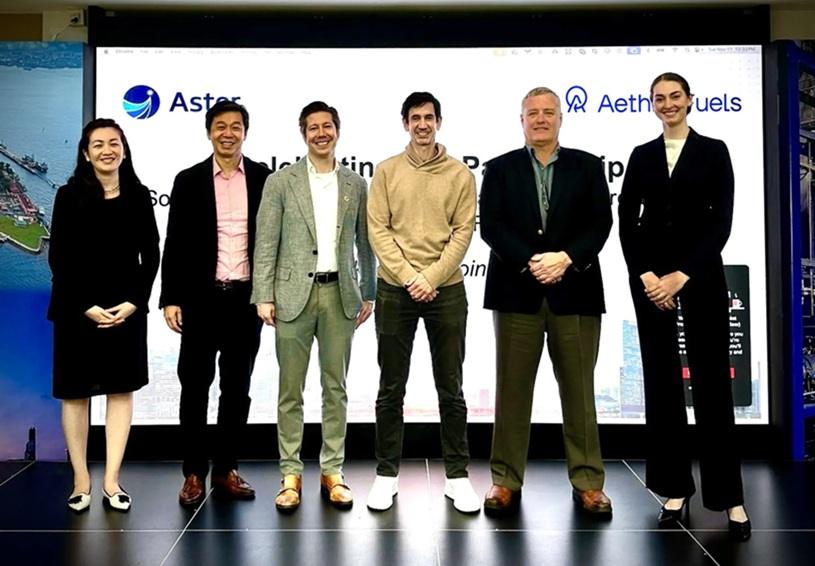As the automotive landscape evolves in 2025, the surge in hybrid vehicle popularity underscores a critical shift in consumer preferences driven by economic constraints and inventory challenges. Manufacturers and dealers are increasingly relying on data analytics and buyer insights to navigate these pressures, revealing a clear pivot towards hybrids, which are perceived as more reliable and valuable compared to fully electric vehicles. This transition is not merely a trend; it reflects deeper consumer desires for practicality and sustainability in a market where traditional supply chains are strained. The ability to harness AI for personalized marketing and customer engagement is becoming essential, as companies strive to build loyalty in a competitive environment.
The implications of this shift are profound: automotive stakeholders must adopt empathetic and adaptive strategies that prioritize understanding consumer needs. By leveraging AI-driven insights, businesses can tailor their offerings and marketing approaches, ensuring they resonate with the evolving expectations of buyers. This proactive stance not only addresses immediate market challenges but also positions companies for long-term success in a landscape increasingly defined by technological integration and consumer-centricity. The focus on hybrids, supported by intelligent analytics, signals a transformative era in the automotive industry, where adaptability and insight-driven decision-making will be paramount.









